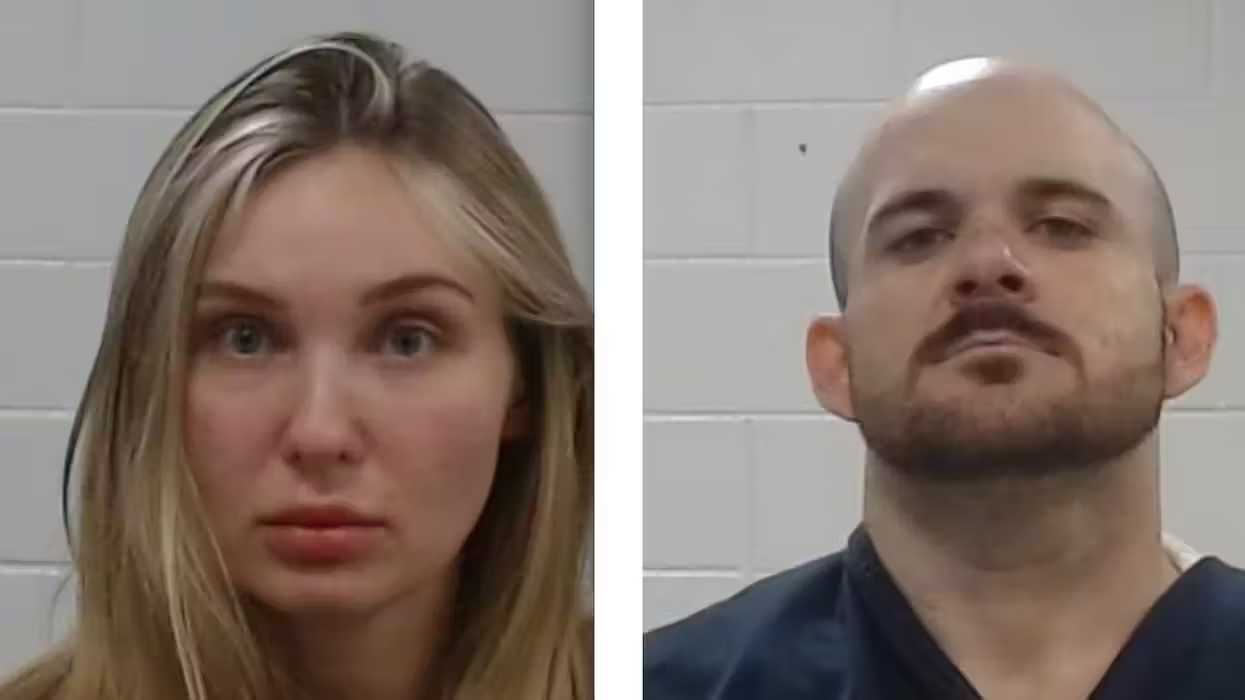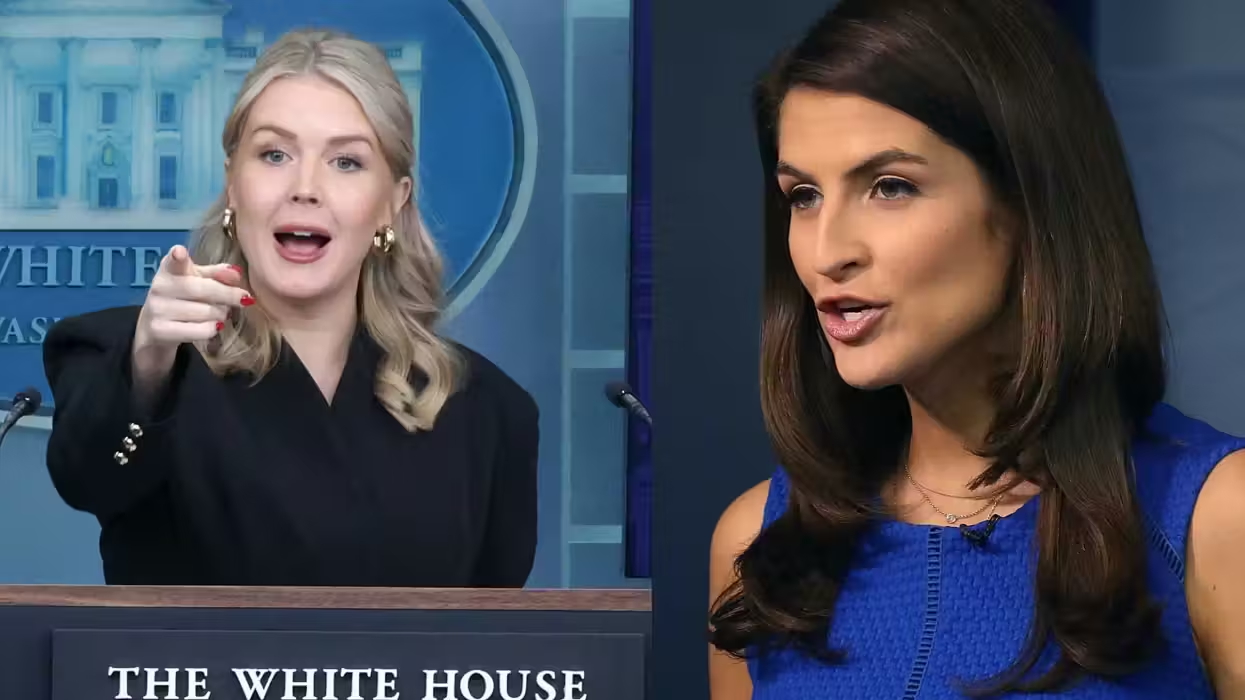Centers for Disease Control and Prevention Tom Frieden said Tuesday that he regrets not having a more aggressive response to the first case of Ebola in the United States, and said that going forward, the CDC would immediately send an expert Ebola team to any hospital that reports a case of the virus.
In a briefing with reporters, Frieden said the CDC did sent a team to Dallas to help investigate who Thomas Duncan, the now-deceased first Ebola patent, may have infected with Ebola. But he admitted that more might have been done earlier.
 Centers for Disease Control Director Tom Frieden said Tuesday that he regrets not moving more quickly to secure the Dallas hospital where the first victim of Ebola was diagnosed in the United States. (AP Photo/Atlanta Journal Constitution, David Tulis)
Centers for Disease Control Director Tom Frieden said Tuesday that he regrets not moving more quickly to secure the Dallas hospital where the first victim of Ebola was diagnosed in the United States. (AP Photo/Atlanta Journal Constitution, David Tulis)
"But I think we could, in retrospect, with 20-20 hindsight, we could have sent a more robust hospital infection control team and been more hands on with the hospital from day one about exactly how this should be managed," he said. "Ebola is unfamiliar, it's scary, and getting it right is really, really important because the stakes are so high."
Frieden said that going forward, a CDC team will quickly be dispatched to any hospital with a confirmed case of Ebola. That team will include experts on how to isolate the patient, ensure health care workers are safe, and figure out who else may have been infected by the patient.
"I've thought often about it," he said. "I wish we had put a team like this on the ground the day the patient, the first patient, was diagnosed. That might have prevented this infection."
"But we will do that from today onward with any case, anywhere in the U.S.," he said, adding that the new move is aimed at alleviating the fears and concerns of health workers across the country. A 26-year-old nurse, Nina Pham, contracted the virus from Duncan before he died.
"I've been hearing loud and clear from health care workers from around the country that they're worried, that they don't feel prepared to take care of a patient with Ebola," Frieden said.
Frieden announced that as of today, the 48 initial people who may have contracted the virus from Duncan have been observed for 14 days, which is two-thirds of the way through the period during which they might show signs of having Ebola. Frieden said it would be "unusual" at this point for any of them to show symptoms, but said doctors will continue to monitor them for the full 21 days to be sure.
"They've all passed more than 14 days, and while it wouldn't be impossible that some of them would develop the disease, they've now passed through the highest risk period," he said.
There is only one person thought to be at risk of contracting the virus through Pham, and that person is being monitored.
In addition, doctors are watching 76 other health care workers to see if they are at risk of showing symptoms, a precaution being taken in light of Pham's infection. Frieden said doctors have yet to figure out what misstep Pham may have taken that led to her exposure.

 Centers for Disease Control Director Tom Frieden said Tuesday that he regrets not moving more quickly to secure the Dallas hospital where the first victim of Ebola was diagnosed in the United States. (AP Photo/Atlanta Journal Constitution, David Tulis)
Centers for Disease Control Director Tom Frieden said Tuesday that he regrets not moving more quickly to secure the Dallas hospital where the first victim of Ebola was diagnosed in the United States. (AP Photo/Atlanta Journal Constitution, David Tulis)






